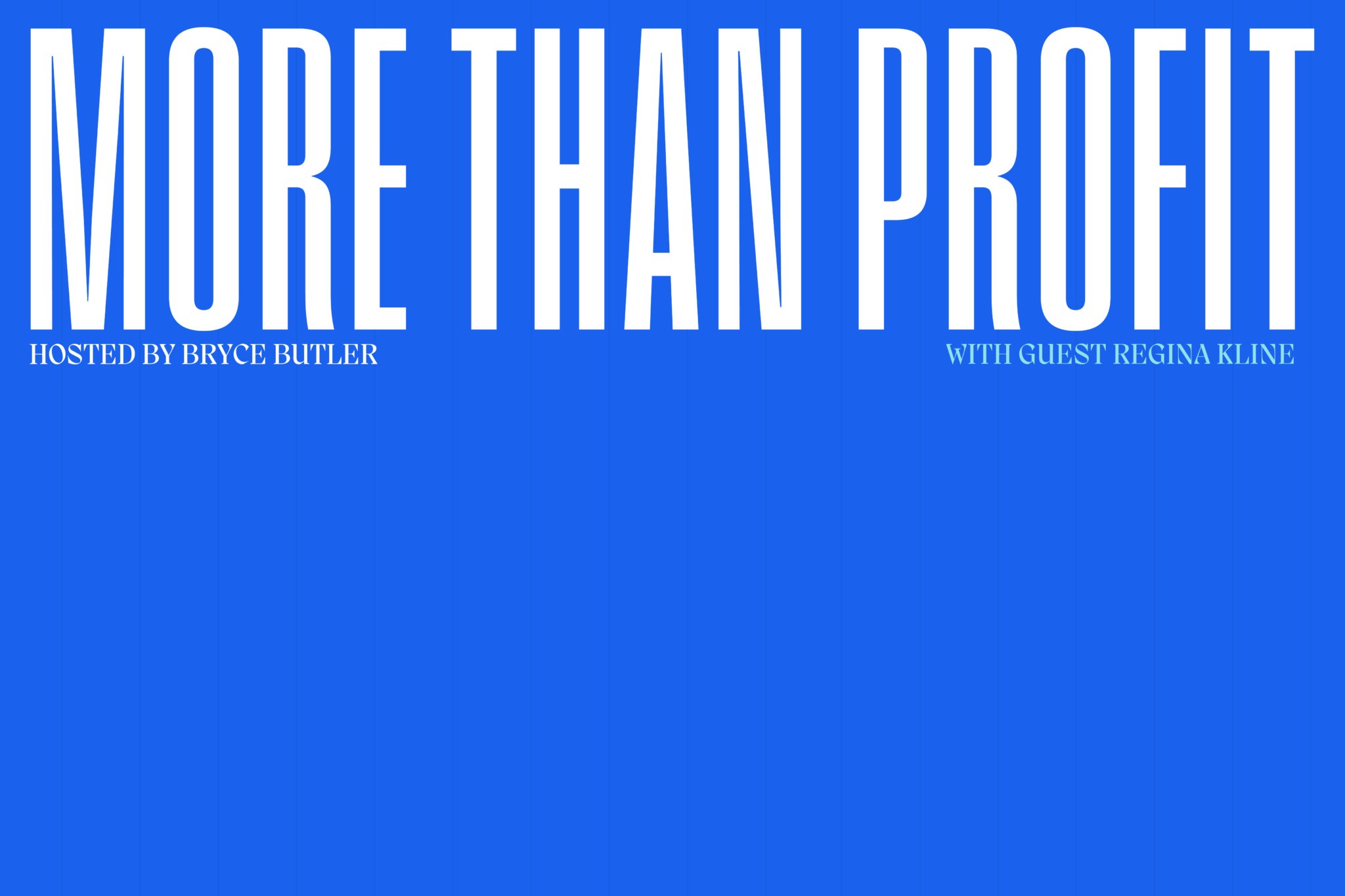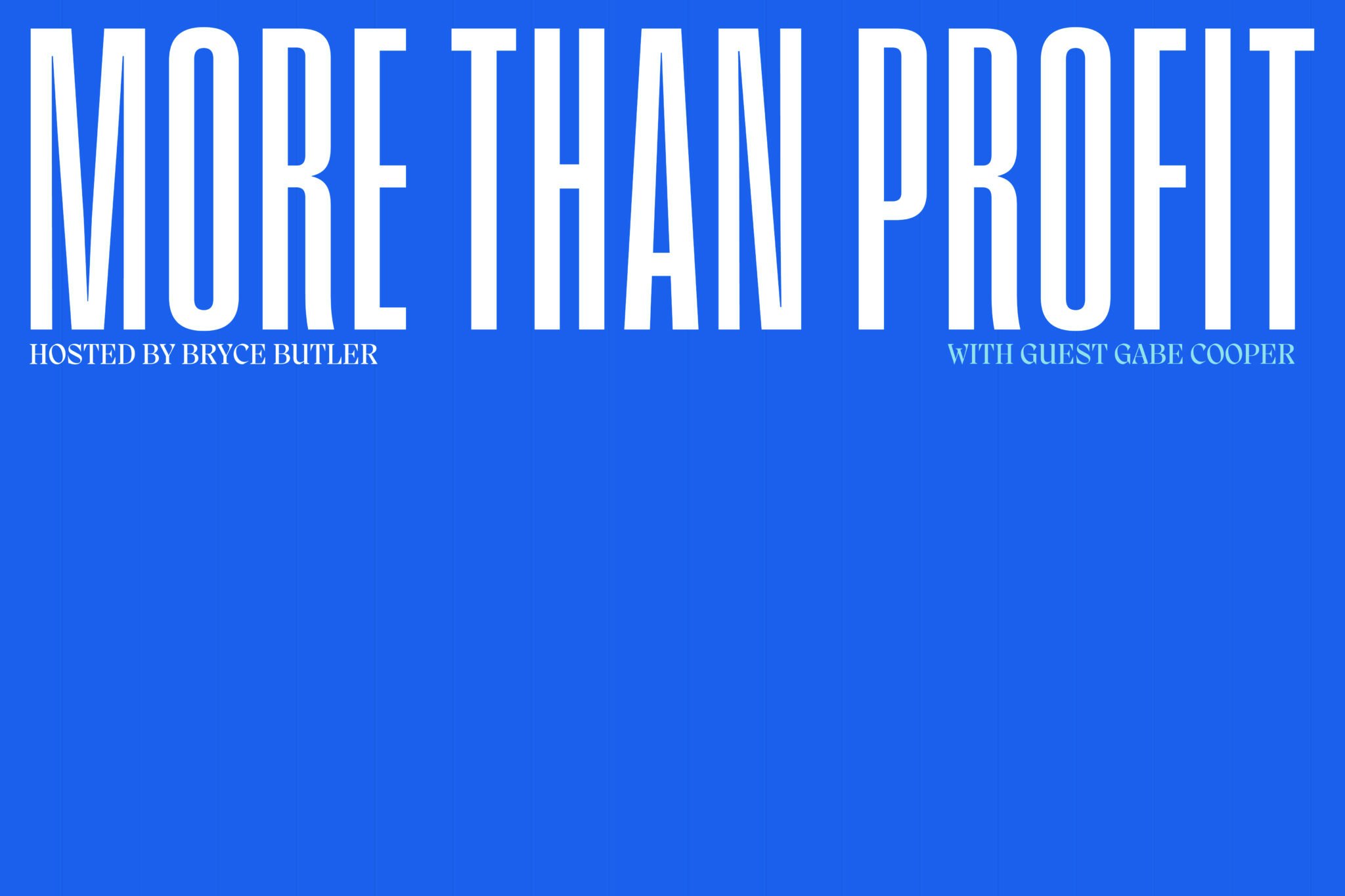What We've Been Reading
Access Ventures places a great emphasis on learning and development, for which books are a critical component. Every year we compile a list of some of our favorite books we have been reading. From fiction to non-fiction, autobiography to self-help—the variety in topics and genre is exceptional. So, if you’re looking for the next good read to dive into but don’t know where to start, we’ve got you covered:
Bryce Butler
Essentialism: Your Guide to the Power of Less (Mark Creed) — Can the search for something more be answered by something less—less stress, less clutter, less frantic racing to the next task or obligation? Essentialism is not just about clearing and organizing the space around you. It is also about clearing your brain so that you function better mentally. When you free yourself of time vampires, you will have the freedom to pursue what really matters to you. If where you are now is the opposite of essentialism (an upgrade on the concept of minimalism), figuring out where to start can be overwhelming. Let Essentialism: Your Guide to the Power of Less guide you through the process of getting more by clearing out what does not contribute to your happiness and physical and mental health.
Integrity: The Courage to Meet the Demands of Reality (Henry Cloud) — Integrity; more than simple honesty, it’s the key to success. A person with integrity has the ability to pull everything together, to make it all happen no matter how challenging the circumstances. Drawing on experiences from his work, Dr. Henry Cloud, a clinical psychologist, leadership coach, corporate consultant, and nationally syndicated radio host, shows how our character can keep us from achieving all we want to (or could) be.
Nobody’s Home Podcast (John Heltman) — Housing blight, or concentrated areas of vacant properties, is harming communities across the country and posing a risk to the financial system. But governments seem powerless to turn it around. We’re finding out why. A special 10-part series by American Banker.
TJ Abood
The Quants (Scott Patterson) — In March of 2006, four of the world’s richest men sipped champagne in an opulent New York hotel. They were preparing to compete in a poker tournament with million-dollar stakes, but those numbers meant nothing to them. They were accustomed to risking billions. Drawing on unprecedented access to these four number-crunching titans, The Quants tells the inside story of what they thought and felt in the days and weeks when they helplessly watched much of their net worth vaporize–and wondered just how their mind-bending formulas and genius-level IQ’s had led them so wrong, so fast.
Why You Do What You Do (Bobby Biehl) — Tells how to identify self-defeating behaviors, including procrastination, perfectionism, and fear of failure, and explains how to replace self-doubts with a positive outlook.
Ben Terry
The Messy Middle (Scott Belsky) — Creating something from nothing is an unpredictable journey. The first mile births a new idea into existence, and the final mile is all about letting go. We love talking about starts and finishes, even though the middle stretch is the most important and often the most ignored and misunderstood. With insightful interviews from today’s leading entrepreneurs, artists, writers, and executives, as well as Belsky’s own experience working with companies like Airbnb, Pinterest, Uber, and sweetgreen, The Messy Middle will outfit you to find your way through the hardest parts of any bold project or new venture.
Picturing Frederick Douglas (John Stauffer, Zoe Trodd, Celeste-Marie Bernier) — Picturing Frederick Douglass is a work that promises to revolutionize our knowledge of race and photography in nineteenth-century America. Teeming with historical detail, it is filled with surprises, chief among them the fact that neither George Custer nor Walt Whitman, and not even Abraham Lincoln, was the most photographed American of that century. In fact, it was Frederick Douglass (1818–1895), the ex-slave turned leading abolitionist, eloquent orator, and seminal writer whose fiery speeches transformed him into one of the most renowned and popular agitators of his age. Now, as a result of the groundbreaking research of John Stauffer, Zoe Trodd, and Celeste-Marie Bernier, Douglass emerges as a leading pioneer in photography, both as a stately subject and as a prescient theorist who believed in the explosive social power of what was then just a nascent art form.
Invisible Ink (Brian McDonald) — A helpful, accessible guide to the essential elements of the best storytelling by award-winning writer/director/producer Brian McDonald. Readers learn techniques for building a compelling story around a theme, engaging audiences with writing, creating appealing characters, and much more.
David Taliaferro
Blue Ocean Strategy (W. Chan Kim, Renée Mauborgne) — In this perennial bestseller, embraced by organizations and industries worldwide, globally preeminent management thinkers W. Chan Kim and Renée Mauborgne challenge everything you thought you knew about the requirements for strategic success. Recognized as one of the most iconic and impactful strategy books ever written, Blue Ocean Strategy, now updated with fresh content from the authors, argues that cutthroat competition results in nothing but a bloody red ocean of rivals fighting over a shrinking profit pool. Based on a study of 150 strategic moves (spanning more than 100 years across 30 industries), the authors argue that lasting success comes not from battling competitors but from creating “blue oceans”—untapped new market spaces ripe for growth.
Saastr Podcast — The latest and greatest from the world of Saastr, interviewing the most prominent operators and investors to discover their tips, tactics, and strategies to attain success in the fiercely competitive world of SaaS. How do you get from $0 to $100m ARR faster? What does it take to scale successfully?
The Hard Thing About Hard Things (Ben Horowitz) — dxBen Horowitz, cofounder of Andreessen Horowitz and one of Silicon Valley’s most respected and experienced entrepreneurs, offers essential advice on building and running a startup—practical wisdom for managing the toughest problems business school doesn’t cover, based on his popular ben’s blog.
Mallory Sanborn
Real Impact (Morgan Simon) — A leading investment professional explains the world of impact investing–investing in businesses and projects with a social and financial return–and shows what it takes to make sustainable, transformative change.
The Tattooist of Auschwitz (Heather Morris) — This beautiful, illuminating tale of hope and courage is based on interviews that were conducted with Holocaust survivor and Auschwitz-Birkenau tattooist Ludwig (Lale) Sokolov—an unforgettable love story in the midst of atrocity.
The Joy Luck Club (Amy Tan) — Four mothers, four daughters, four families whose histories shift with the four winds depending on who’s “saying” the stories. In 1949 four Chinese women, recent immigrants to San Francisco, begin meeting to eat dim sum, play mahjong, and talk. United in shared unspeakable loss and hope, they call themselves the Joy Luck Club. Rather than sink into tragedy, they choose to gather to raise their spirits and money. “To despair was to wish back for something already lost. Or to prolong what was already unbearable.” Forty years later the stories and history continue.
Moses Icyishaka
The Way of Kings (Brandon Sanderson) — From New York Times bestselling author Brandon Sanderson, The Way of Kings, Book One of the Stormlight Archive begins an incredible new saga of epic proportion.
Shoe Dog (Phil Knight) — Nike founder and board chairman Phil Knight “offers a rare and revealing look at the notoriously media-shy man behind the swoosh” (Booklist, starred review), illuminating his company’s early days as an intrepid start-up and its evolution into one of the world’s most iconic, game-changing, and profitable brands.
Narrative of the Life of Frederick Douglass (Frederick Douglass) — In this, the first and most frequently read of his three autobiographies, Frederick Douglass provides graphic descriptions of his childhood and horrifying experiences as a slave as well as a harrowing record of his dramatic escape to the North and eventual freedom. Published in 1845 to quell doubts about his origins — since few slaves of that period could write — the Narrative is admired today for its extraordinary passion, sensitive and vivid descriptions and storytelling power. It belongs in the library of anyone interested in African-American history and the life of one of the country’s most courageous and influential champions of civil rights. A selection of the Common Core State Standards Initiative.
Tim Harris
Linchpin: Are You Indispensable? (Seth Godin) — Few authors have had the kind of lasting impact and global reach that Seth Godin has had. In a series of now-classic books that have been translated into 36 languages and reached millions of readers around the world, he has taught generations of readers how to make remarkable products and spread powerful ideas. In Linchpin, he turns his attention to the individual, and explains how anyone can make a significant impact within their organization.
Nobody Wants to Read Your Sh*t (Steven Pressfield) — There’s a mantra that real writers know but wannabe writers don’t. And the secret phrase is this: NOBODY WANTS TO READ YOUR SH*T. Recognizing this painful truth is the first step in the writer’s transformation from amateur to professional. “When you understand that nobody wants to read your shit, you develop empathy. You acquire the skill that is indispensable to all artists and entrepreneurs—the ability to switch back and forth in your imagination from your own point of view as writer/painter/seller to the point of view of your reader/gallery-goer/customer. You learn to ask yourself with every sentence and every phrase: Is this interesting? Is it fun or challenging or inventive? Am I giving the reader enough? Is she bored? Is she following where I want to lead her?”
Derek Henricks
Leaders Eat Last (Simon Sinek) — Imagine a world where almost everyone wakes up inspired to go to work, feels trusted and valued during the day, then returns home feeling fulfilled. This is not a crazy, idealized notion. Today, in many successful organizations, great leaders create environments in which people naturally work together to do remarkable things. In his work with organizations around the world, Simon Sinek noticed that some teams trust each other so deeply that they would literally put their lives on the line for each other. Other teams, no matter what incentives are offered, are doomed to infighting, fragmentation and failure. Why? The answer became clear during a conversation with a Marine Corps general. “Officers eat last,” he said. Sinek watched as the most junior Marines ate first while the most senior Marines took their place at the back of the line. What’s symbolic in the chow hall is deadly serious on the battlefield: Great leaders sacrifice their own comfort–even their own survival–for the good of those in their care.
What’s Best Next (Matt Perman) — Productivity isn’t just about getting more things done. It’s about getting the right things done–the things that count, make a difference, and move the world forward. In our current era of massive overload, this is harder than ever before. So how do you get more of the right things done without confusing mere activity for actual productivity?
Deep Work (Cal Newport) — Deep work is the ability to focus without distraction on a cognitively demanding task. It’s a skill that allows you to quickly master complicated information and produce better results in less time. Deep work will make you better at what you do and provide the sense of true fulfillment that comes from craftsmanship. In short, deep work is like a super power in our increasingly competitive twenty-first century economy. And yet, most people have lost the ability to go deep—spending their days instead in a frantic blur of e-mail and social media, not even realizing there’s a better way. In DEEP WORK, author and professor Cal Newport flips the narrative on impact in a connected age. Instead of arguing distraction is bad, he instead celebrates the power of its opposite. Dividing this book into two parts, he first makes the case that in almost any profession, cultivating a deep work ethic will produce massive benefits. He then presents a rigorous training regimen, presented as a series of four “rules,” for transforming your mind and habits to support this skill.
Vanessa Koenigsmark
Problem Solving 101 (Ken Wanatabe) — Ken Watanabe originally wrote Problem Solving 101 for Japanese schoolchildren. His goal was to help shift the focus in Japanese education from memorization to critical thinking, by adapting some of the techniques he had learned as an elite McKinsey consultant. He was amazed to discover that adults were hungry for his fun and easy guide to problem-solving and decision making. The book became a surprise Japanese bestseller, with more than 370,000 in print after six months. Now American businesspeople can also use it to master some powerful skills. Illustrated with diagrams and quirky drawings, the book is simple enough for a middleschooler to understand but sophisticated enough for business leaders to apply to their most challenging problems.
Catapult: Stories (Emily Fridlund) — Selected by Ben Marcus as winner of the Mary McCarthy Prize in Short Fiction, Catapult follows Emily Fridlund’s acclaimed debut novel History of Wolves. Sometimes calculating, at other times bewildered, Catapult’s characters orbit around each other, enacting a deeply human tragicomedy of wit, misunderstanding, and loss. With dexterous, atmospheric, and darkly comic prose, Fridlund conjures worlds where longing is open-ended, intentions misfire, and the line between comfort and cruelty is often difficult to discern. This is a gripping collection, unsettling as much in its familiarity as in its near-gothic strangeness.
The Ghost Map (Steven Johnson) — A National Bestseller, a New York Times Notable Book, and an Entertainment Weekly Best Book of the Year. It’s the summer of 1854, and London is just emerging as one of the first modern cities in the world. But lacking the infrastructure-garbage removal, clean water, sewers-necessary to support its rapidly expanding population, the city has become the perfect breeding ground for a terrifying disease no one knows how to cure. As the cholera outbreak takes hold, a physician and a local curate are spurred to action-and ultimately solve the most pressing medical riddle of their time. In a triumph of multidisciplinary thinking, Johnson illuminates the intertwined histories of the spread of disease, the rise of cities, and the nature of scientific inquiry, offering both a riveting history and a powerful explanation of how it has shaped the world we live in.
Marigrace Ragsdale
The Innovation Blind Spot (Ross Baird) — In The Innovation Blind Spot, entrepreneur and venture capitalist Ross Baird argues that the innovations that truly matter don’t see the light of day—for reasons entirely of our own making. A handful of people in a handful of cities are deciding, behind closed doors, which entrepreneurs get a shot to succeed. And most investors are what Baird calls “two-pocket thinkers”—artificially separating their charitable work from their day job of making a profit. The resulting system creates rising income inequality, stifled entrepreneurial ambition, social distrust, and political uncertainty. Our innovation problem makes all our other problems harder to solve. In this book, Baird demonstrates how and where to find better ideas by lifting up people, places, and industries that are often overlooked. What’s more, Baird ultimately outlines how to create long-term success through “one-pocket thinking”—eliminating the blind spot that separates “what we do for a living” and “what we really care about.”
Creative Confidence (Tom Kelley, David Kelley) — Too often, companies and individuals assume that creativity and innovation are the domain of the “creative types.” But two of the leading experts in innovation, design, and creativity on the planet show us that each and every one of us is creative. In an incredibly entertaining and inspiring narrative that draws on countless stories from their work at IDEO, the Stanford d.school, and with many of the world’s top companies, David and Tom Kelley identify the principles and strategies that will allow us to tap into our creative potential in our work lives, and in our personal lives, and allow us to innovate in terms of how we approach and solve problems. It is a book that will help each of us be more productive and successful in our lives and in our careers.
Educated (Tara Westover) — Born to survivalists in the mountains of Idaho, Tara Westover was 17 the first time she set foot in a classroom. Her family was so isolated from mainstream society that there was no one to ensure the children received an education and no one to intervene when one of Tara’s older brothers became violent. When another brother got himself into college, Tara decided to try a new kind of life. Her quest for knowledge transformed her, taking her over oceans and across continents, to Harvard and to Cambridge University. Only then would she wonder if she’d traveled too far if there was still a way home.



